The less a human being is pleased with himself and the more he works on improving his inner life, the more he manifests himself in the external life of society.
We have grown so accustomed to the notion that it is normal for some people to organize other people’s lives—and people in general—that such notions do not seem strange to us. And yet, such notions could never have existed between people who are religious, and therefore free. Such notions are the result of accepting the legitimacy of people being governed by an individual or a group.
This line of reasoning is shared by both, the rulers themselves, and the people whom they govern.
Not only is this error completely senseless, since there is absolutely no reason why some people, the majority, must obey the will of others, a minority composed of the least moral people, but is also especially harmful because it weakens in everyone the feeling of needing to improve themselves, which is the only real means of exerting a positive influence on others.
The aim of representative government is not to make things more just, but to make it so that the people, submitting to a bad government, would have no right to complain about it.
If the elders (people made wise by experience) tell you: “destroy,” and the youth says: “create,” then you should destroy and not create, for the elders’ destruction is creation, and the youth’s creation is destruction.
— The Talmud
All constitutional charters lead nowhere, they are contracts between the master and his slaves. The task is not to improve the welfare of the slaves, but to make it so there are no slaves.
— Herzen
Not only does one person not have the right to rule over the many, but the many do not have the right to rule over one.
— Vladimir Chertkov
What is truth? For most people truth means credibility—something that can be measured by the number of votes cast in its favor.
— Carlyle
The majority of votes cannot be the measure of justice.
— Schiller
Not only do we place the saber and the rifle on the same shelf in a museum where the instruments of torture are to be found, but we cannot not know that soon the police state and the ballot box will follow them.
— Ernest Crosby
When I sit here by the sea and listen to the waves breaking against the seashore, I feel myself free of all obligations, and the peoples of the world can peruse their constitutions without me.
— Thoreau
Never construct, always plant, because in the former case nature will always get in your way, destroying the creations of your labor, but in the latter case nature will aid your enterprise, helping to grow everything you plant. It is the same in the spiritual domain: do what is in accordance with the eternal laws of human nature and not what is in accordance with people’s transient institutions or only with your desires.